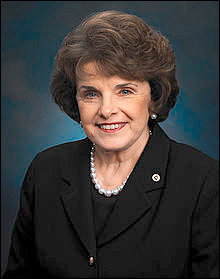By Jim Ellis
Aug. 2, 2018 — A new Suffolk University survey (July 24-29; 500 likely Nevada voters) returns numbers that again show Sen. Dean Heller (R) and Rep. Jacky Rosen (D-Henderson) falling within the margin of polling error with neither candidate attracting majority support.According to Suffolk, Sen. Heller leads Rep. Rosen by a bare 41-40 percent margin, meaning the two are virtually tied. This is the first poll since mid-April that projects the senator to any kind of an advantage, but even the four surveys in between, all of which favored Rep. Rosen, showed margin spreads in the realm of two to six points. Of the eight polls publicized for this race during the entire election cycle, in only one, the April Survey Monkey study, did either candidate ever reach the 50 percent mark (Rosen, 50-44 percent; Survey Monkey; April 2-23; 1,332 Nevada registered voters in the Survey Monkey pool).
Suffolk also tested the state’s open governor’s race, and found an equally tight contest. Here, Republican Attorney General Adam Laxalt posts a 42-41 percent tally over Democratic Clark County Commissioner Steve Sisolak. In the one previously released post-primary general election poll, from Gravis Marketing (June 23-26; 630 likely Nevada general election voters), an almost identical result was projected: Laxalt leading 43-41 percent.
The Nevada Senate race is one of the most important in the nation this year, and one of two main Democratic conversion targets (the open race in Arizona is the other). Winning this race is the only gateway to the Democrats potentially gaining the Senate majority, thus we can expect to see major political action in this state for the remaining prime campaign months.






